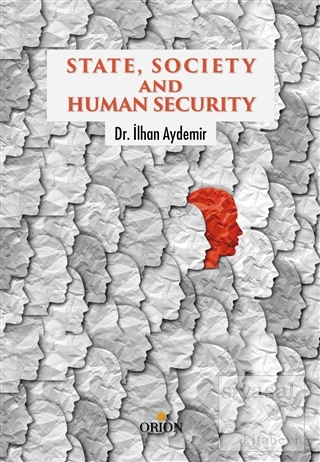
“In the final analysis, human security is a child who did not die, a disease that did not spread, a job that was not cut, an ethnic tension that did not explode in violence, a dissident who was not silenced. Human security is not a concern with weapons – it is a concern with human life and dignity” (UNDP 1994, 22).
The perspectives on security changed drastically after the Cold War, when the process of securitization swept away the traditional state-centric understanding of security. Conventional security studies focus exclusively on the state as the referent subject of security. However, today, most threats to security have non-state origins and target humans not states. Thus, the human security discourse has great potential as it explains contemporary security concerns in international relations and developmental studies.
By employing various concepts and theories—such as democracy, development, human rights, good governance and civil society—this book argues that a high level of human security comes about through strong state capacity and robust civil society. However, these factors alone are not sufficient to explain why a high level of HS is found in some countries but not in others. The key factor here is the balance between a strong state and a strong society. In this respect, state needs to be capable of producing and delivering prosperity and peace, and society needs to be strong enough to challenge state's arbitrary actions and to guide state to produce necessary policies and actions. By understanding the vital role of empowering people, future research should focus more on human security in scientific inquiry.
“In the final analysis, human security is a child who did not die, a disease that did not spread, a job that was not cut, an ethnic tension that did not explode in violence, a dissident who was not silenced. Human security is not a concern with weapons – it is a concern with human life and dignity” (UNDP 1994, 22).
The perspectives on security changed drastically after the Cold War, when the process of securitization swept away the traditional state-centric understanding of security. Conventional security studies focus exclusively on the state as the referent subject of security. However, today, most threats to security have non-state origins and target humans not states. Thus, the human security discourse has great potential as it explains contemporary security concerns in international relations and developmental studies.
By employing various concepts and theories—such as democracy, development, human rights, good governance and civil society—this book argues that a high level of human security comes about through strong state capacity and robust civil society. However, these factors alone are not sufficient to explain why a high level of HS is found in some countries but not in others. The key factor here is the balance between a strong state and a strong society. In this respect, state needs to be capable of producing and delivering prosperity and peace, and society needs to be strong enough to challenge state's arbitrary actions and to guide state to produce necessary policies and actions. By understanding the vital role of empowering people, future research should focus more on human security in scientific inquiry.




















